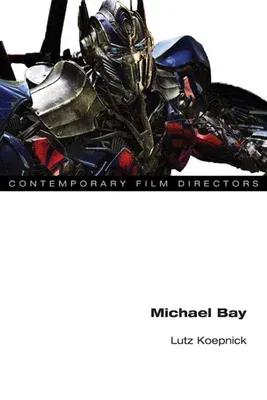If size counts for anything, Michael Bay towers over his contemporaries.
His summer-defining event films involve extraordinary production costs
and churn enormous box office returns. His ability to mastermind
breathtaking spectacles of action, mayhem, and special effects
continually push the movie industry as much as the medium of film toward
new frontiers. Lutz Koepnick engages the bigness of works like
Armageddon and the Transformers movies to explore essential questions of
contemporary filmmaking and culture. Combining close analysis and
theoretical reflection, Koepnick shows how Bay's films, knowingly or
not, address profound issues about what it means to live in the late
twentieth- and early twenty-first centuries. According to Koepnick's
astute readings, no one eager to understand the state of cinema today
can ignore Bay's work. Bay's cinema of world-making and transnational
reach not only exemplifies interlocking processes of cultural and
economic globalization. It urges us to contemplate the future of moving
images, of memory, matter, community, and experience, amid a time of
rampant political populism and ever-accelerating technological change.
An eye-opening look at one of Hollywood's most polarizing directors,
Michael Bay illuminates what energizes the films of this cinematic and
cultural force.

